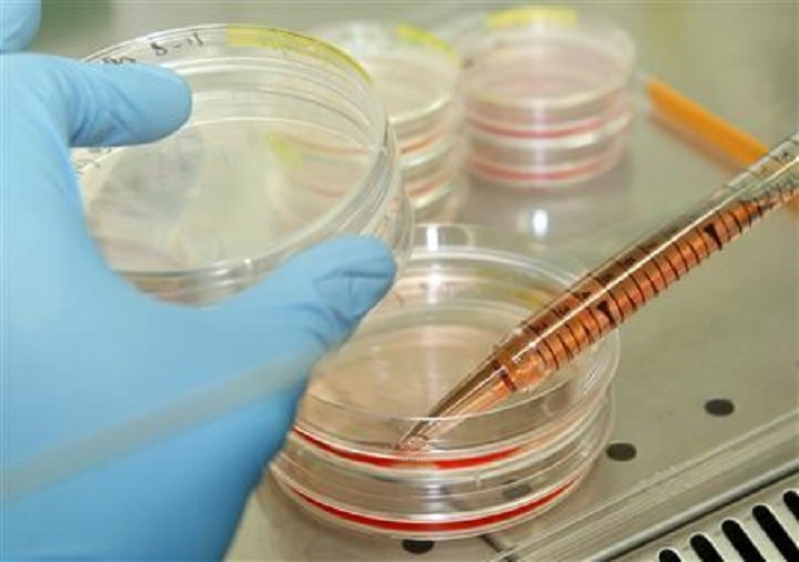
For the first time in history, scientists were able to successfully create a hybrid of a human and an animal.
Scientists led by the Salk Institute for Biological Studies in San Diego, California used stem cells to create a human pig chimera. The goal, they explained, is primarily to grow human organs and tissues in the pigs that can be used for transplant, so patients needing organ transplants don't have to wait in line. However, that goal is still not quite within reach.
"The ultimate goal is to grow functional and transplantable tissue or organs, but we are far away from that," lead researcher Juan Carlos Izpisua Belmonte, who is a professor at Salk Institute's Gene Expression Laboratory, said in a press release. "This is an important first step."
The scientists chose to introduce human cells into pigs because these animals bear certain similarities with humans. Their work gives evidence that it is possible to grow human cells inside an animal.
However, because pigs have a shorter gestation time than humans, injecting the human cells into pig embryos needed to be done with perfect timing.
"It's as if the human cells were entering a freeway going faster than the normal freeway," researcher Izpisua Belmonte explained. "If you have different speeds, you will have accidents."
After trial and error, the researchers were able to create pig embryos with human cells. They injected these into the uterus of adult pigs and removed them after three or four weeks for analysis.
The researchers reported that 186 chimeric embryos survived, each having about one in 100,000 human cells. The human cells were targeted to form organs, not brain cells, the researchers explained.
The study, published in the journal Cell, was completed with private funding, as the National Institutes of Health has imposed a moratorium on funding for research work involving chimera research because of ethical concerns.
"We're not trying to make a chimera just because we want to see some kind of monstrous creature," Pablo Ross, a reproductive biologist at the University of California, Davis and one of the study authors, told NPR. "We're doing this for a biomedical purpose."
However, chimera research has raised the question of whether creating a human-animal hybrid is already crossing the line.
Bioethicist Jason Robert from Arizona State University believed this kind of research is, in a way, a form of "playing God."
"One of the concerns that a lot of people have is that there's something sacrosanct about what it means to be human expressed in our DNA," Robert told NPR. "And that by inserting that into other animals and giving those other animals potentially some of the capacities of humans that this could be a kind of violation - a kind of, maybe, even a playing God."
Stuart Newman, a professor of anatomy and cell biology at New York Medical College, explained that the problem with injecting animals with human cells is that it presents an uncertainty as to where the human cells would go. In the research involving the human-pig hybrid, the human cells were targeted to form organs, but there is a possibility some of them could end up in the pig's brain.
"If you have pigs with partly human brains you would have animals that might actually have consciousness like a human," Newman said. "It might have human-type needs. We don't really know."
He said it is also possible for chimeric pigs to conceive a part-pig, part-human organism, or even a human fetus, Newman added.
"You're getting into unsettling ground that I think is damaging to our sense of humanity," he said.






